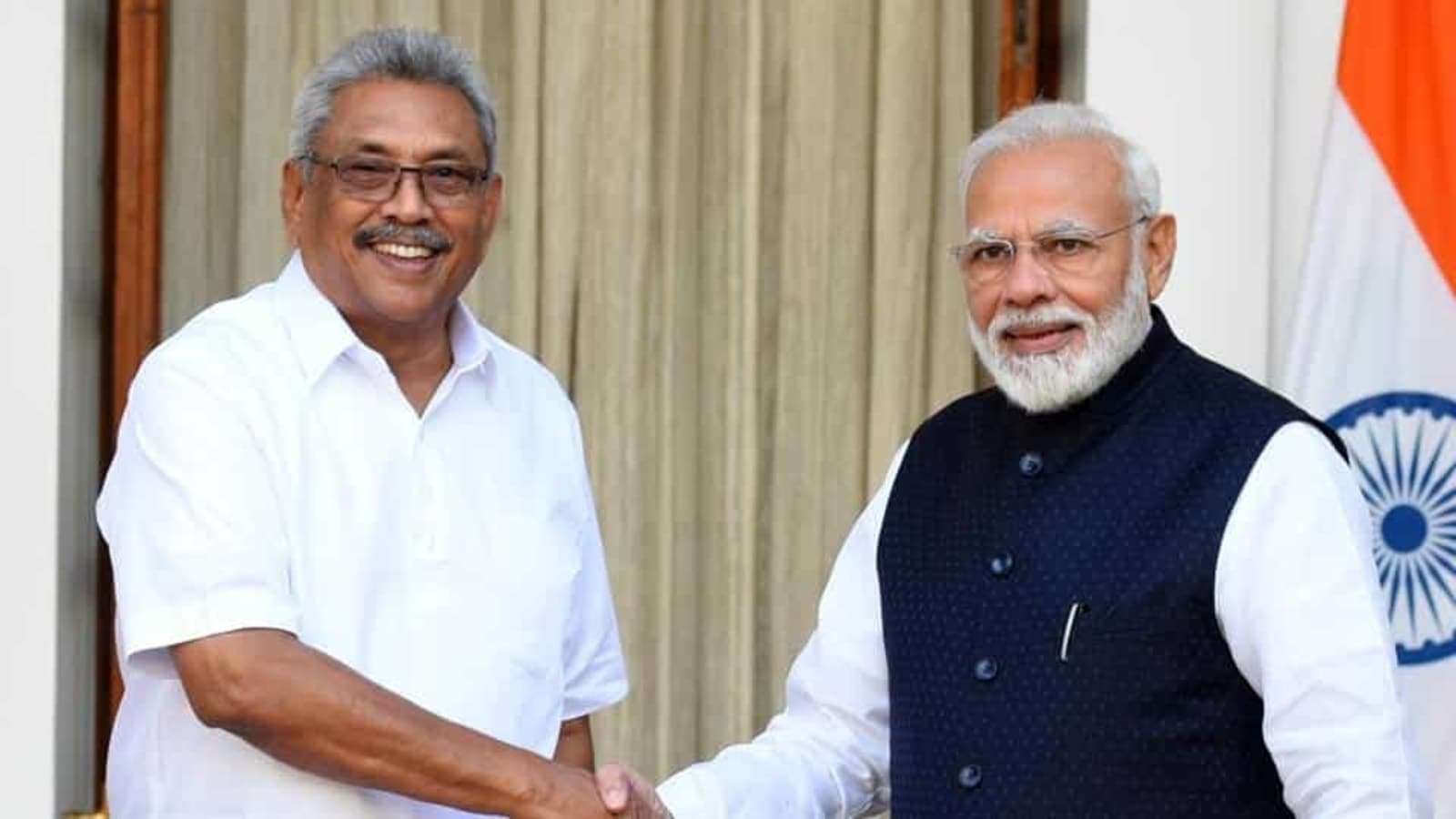
In a recent speech addressing the importance of power devolution in Sri Lanka, Prime Minister Narendra Modi has once again emphasized the need for progress in this area. However, the ruling party in Sri Lanka remains firm in its stance against the implementation of the 13th Amendment.
Understanding Power Devolution and the 13th Amendment
Before delving into the recent developments surrounding power devolution in Sri Lanka, it’s essential to grasp the concept itself. Power devolution refers to the transfer of authority and decision-making power from a central government to regional or local entities. It is a critical aspect of ensuring better governance, improved representation, and fostering a sense of autonomy and empowerment among different regions or provinces within a country.
The 13th Amendment, which originated in the aftermath of the Indo-Sri Lankan Accord of 1987, was introduced to address the ethnic conflict and demands for Tamil autonomy in Sri Lanka. This constitutional amendment paved the way for the establishment of provincial councils, granting them specific powers over localized matters.
Modi’s Call for Progress
Prime Minister Modi’s latest statement on power devolution in Sri Lanka comes as a continuation of India’s longstanding concern over the welfare of Tamils in the island nation. India and Sri Lanka share historical ties, cultural bonds, and geographical proximity, making the well-being of Sri Lanka’s Tamil population an issue of importance to India.
During his address, Prime Minister Modi expressed India’s hopes for Sri Lanka to take substantial steps towards implementing the 13th Amendment. He believes that doing so would foster reconciliation, promote inclusivity, and lead to lasting peace and prosperity in the region.
The Ruling Party’s Stance
On the other side of the spectrum, the ruling party in Sri Lanka has been steadfast in its opposition to the full implementation of the 13th Amendment. Their concerns primarily revolve around issues of national sovereignty, potential administrative complexities, and fears of ethnic separatism.
Members of the ruling party argue that Sri Lanka’s unique circumstances call for a tailored approach to governance, rather than adhering to a constitutional framework that may not adequately address the country’s diverse needs. They believe that alternative solutions can better foster unity and equitable development for all Sri Lankans.
The Role of Regional Voices
Amidst the heated debates on power devolution, it is crucial to consider the voices and aspirations of the people in the regions affected by these policies. Tamil political leaders and representatives from other provinces have consistently advocated for greater autonomy and power-sharing.
Their calls are driven by the belief that decentralization of power would enable better representation of local interests, improved service delivery, and accelerated development in areas that have historically been marginalized.
Finding Middle Ground
In any complex political scenario, finding common ground is often the key to moving forward. In the case of Sri Lanka’s power devolution, striking a balance between national unity and regional autonomy is of utmost importance.
Prime Minister Modi’s repeated emphasis on power devolution signifies India’s commitment to supporting Sri Lanka’s journey towards peace, stability, and prosperity. Nevertheless, it is essential for Sri Lanka’s leadership to carefully weigh the benefits and potential drawbacks of various power-sharing models.
Regional Autonomy vs. National Unity
The debate over power devolution is not unique to Sri Lanka. Many nations around the world grapple with the question of how to strike a balance between regional autonomy and national unity.
Countries like India, Canada, and Spain have faced similar challenges and have adopted various models of decentralized governance to address the diverse needs of their regions.
While regional autonomy can empower local communities and foster a sense of belonging, national unity ensures a cohesive identity and collective progress.
Lessons from Global Experiences
Sri Lanka can draw valuable insights from the experiences of other countries that have pursued power devolution and decentralized governance. By studying the successes and failures of these models, Sri Lanka can tailor a solution that aligns with its unique context and aspirations.
Transparency, inclusivity, and open dialogue with all stakeholders are essential components of any successful power-sharing initiative. Engaging in constructive conversations and actively involving representatives from different regions will help build trust and consensus.
Economic Implications
Beyond the political and social dimensions, power devolution can have significant economic implications. Empowering regional authorities to make decisions on local economic matters can lead to more efficient resource allocation and targeted development initiatives.
By tapping into the specific needs and strengths of different regions, Sri Lanka can unlock its full economic potential and foster more balanced growth across the country.
Conclusion
In conclusion, Prime Minister Modi’s reiterated emphasis on power devolution in Sri Lanka has brought the issue to the forefront once again. The 13th Amendment remains a topic of contention, with the ruling party opposing its full implementation.
Finding a middle ground that accommodates both regional aspirations and national unity is the path forward. Sri Lanka can learn from other countries’ experiences and design a unique model of power devolution that best suits its context.
The journey towards achieving lasting peace, stability, and prosperity in Sri Lanka requires careful consideration, open dialogue, and a commitment to addressing the needs and aspirations of all its citizens. As India continues to express its support for power devolution, it is now up to Sri Lanka’s leadership to navigate these complex waters and chart a course that leads to a brighter future for the nation and its people.









